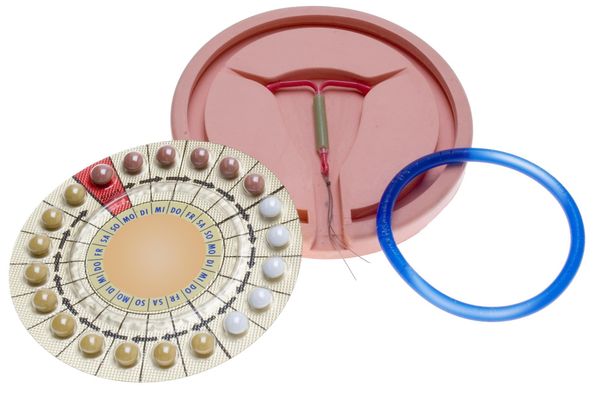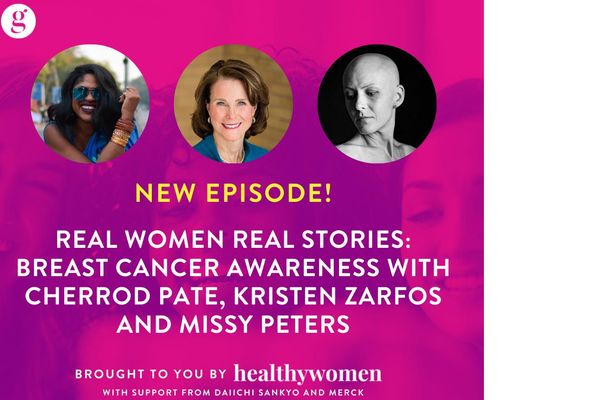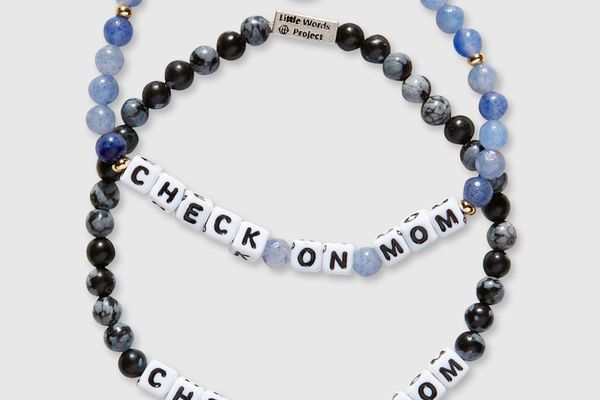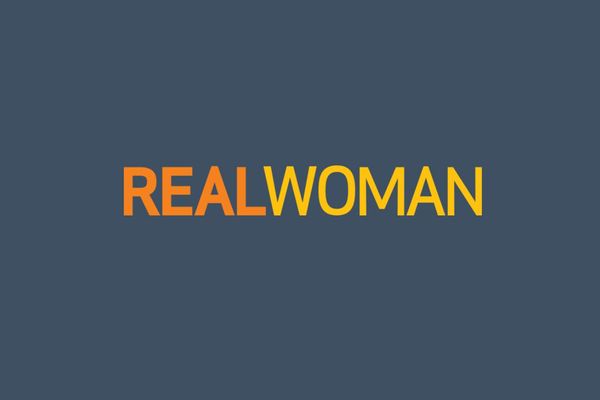Supermodel Beverly Johnson Helps Launch National Awareness Campaign for Uterine Health
Supermodel Beverly Johnson is joining with the National Women's Health Resource Center to educate women about a topic that is often overlooked: uterine health. A key focus of the new campaign, called "Healthy U," is educating women about options to hysterectomy, one of the most common surgical procedures performed today.
"Several years ago I had a hysterectomy because of a painful uterine condition," said Beverly Johnson, now a successful entrepreneur. "I felt uninformed, vulnerable and was led to believe that a hysterectomy was a normal routine procedure, which it is not. Because of my experience, I want women to know their options so they can take control of their health choices."
Unfortunately, Beverly's experience is all too common. While the removal of the uterus (the clinical definition of a hysterectomy) may be necessary in some women, it is also one of the most overdone operations in the U.S., according to the Resource Center's new booklet, Your Guide to Uterine Health. The U.S. has one of the highest hysterectomy rates in the world, and clinicians estimate that three-quarters of all operations fail to meet medical practice guidelines.
The majority of hysterectomies are performed to treat somebenign uterine disorders, such as fibroids (benign growths in the uterus) or hormonally-caused heavy periods (menorrhagia), for which there are other treatment options. These two conditions affect between 20 to 30 percent of all women and, along with other uterine disorders, are explained in the Resource Center's new booklet.
A common misperception for many women is that a hysterectomy is their only choice. Depending on the cause of the uterine disorder, a hysterectomy may be the best treatment option for some women. For many women, however, it may be possible to avoid this major surgery. Newer options such as endometrial ablation for hormonal causes, fibroid removal, and other less invasive treatments can preserve the uterus, and help women have less pain and scarring, faster healing and a shorter hospital stay.
"Uterine conditions can be exceptionally painful and may cause women to make rushed decisions about treatment," said Dr. Linda Bradley, Director of Hysteroscopic Services, Cleveland Clinic Foundation. "The most appropriate treatment for many uterine health conditions is not necessarily a hysterectomy, although many are still being performed electively for these reasons. Today, there are newer, minimally invasive treatment options available that women and their physicians should consider."
In addition to removing the uterus, many hysterectomies also involve the removal of the cervix, ovaries and fallopian tubes, depending on the type of procedure and the condition being treated. Considered major surgery, hysterectomies require longer hospital stays and recovery times than other surgical options for uterine disorders. In addition to alternative treatments, the campaign also highlights less invasive ways of performing hysterectomies and partial hysterectomies that leave the cervix intact.
"Hysterectomy is the number one topic searched at our web site, indicating a clear need for this type of educational material," said Amy Niles, President and CEO of the National Women's Health Resource Center. "We encourage women to consider the health of their uterus a serious matter."
Proper diagnosis is the first step in treating uterine disorders. Women then have a number of treatment choices, depending on the cause of the uterine condition and the desire to preserve fertility. For a free copy of the 32-page booklet, Your Guide to Uterine Health, please call 1-800-774-9244 or visit fmxhosting.com/drupal635, the National Women's Health Resource Center's site that also offers information on a range of other women's health conditions.
The Healthy U campaign is supported by an educational grant from GYNECARE, a division of Ethicon, Inc., a Johnson & Johnson company.
About the National Women's Health Resource Center
Since the late 1980s, the National Women's Health Resource Center, Inc. (NWHRC) has helped millions of women educate themselves about the health topics that concern them the most. The non-profit organization, dedicated to helping women make informed decisions about their health, encourages women to embrace healthy lifestyles to promote wellness and prevent disease.
Media Contact:
Stephanie Fogle
Ogilvy Public Relations Worldwide
212/880-5381
Beverly Dame
National Women's Health Resource Center
888/406-9472






